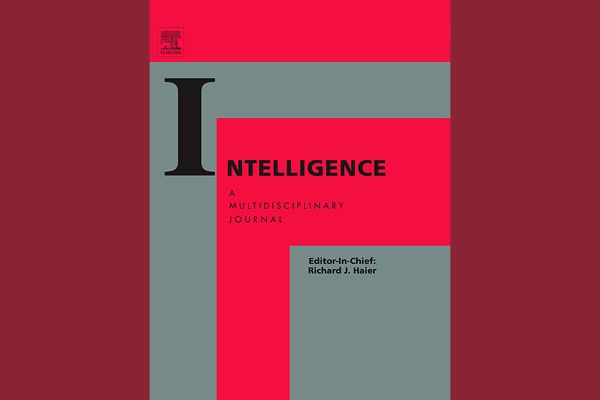Notifications list
Past reflections, present insights: a systematic review and new empirical research into the working memory capacity (WMC)-fluid intelligence (Gf) relationship
Published: 03.12.2024.

Ratko Đokić, PhD, Prof. Maida Koso-Drljević, PhD and Merim Bilalić, PhD are the authors of the scientific paper Past reflections, present insights: a systematic review and new empirical research into the working memory capacity (WMC)-fluid intelligence (Gf) relationship. The paper is published in Intelligence, indexed in WoSCC in Q1 for Psychology, multidisciplinary, and in Scopus in Q1 for Arts and Humanities, miscellaneous (2023).
Abstract: According to the capacity account, working memory capacity (WMC) is a causal factor of fluid intelligence (Gf) in that it enables simultaneous activation of multiple relevant information in the aim of reasoning. Consequently, correlation between WMC and Gf should increase as a function of capacity demands of reasoning tasks. Here we systematically review the existing literature on the connection between WMC and Gf. The review reveals conceptual incongruities, a diverse range of analytical approaches, and mixed evidence. While some studies have found a link (e.g., Little et al., 2014), the majority of others did not observe a significant increase in correlation (e.g., Burgoyne et al., 2019; Salthouse, 1993; Unsworth, 2014; Unsworth & Engle, 2005; Wiley et al., 2011). We then test the capacity hypothesis on a much larger, non-Anglo-Saxon culture sample (N = 543). Our WMC measures encompassed Operation, Reading, and Symmetry Span task, whereas Gf was based on items from Raven's Advanced Progressive Matrices (Raven). We could not confirm the capacity hypothesis either when we employed the analytical approach based on the Raven's item difficulty or when the number of rule tokens required to solve a Raven's item was used. Finally, even the use of structural equation modeling (SEM) and its variant, latent growth curve modeling (LGCM), which provide more “process-pure” latent measures of constructs, as well as an opportunity to control for all relevant interrelations among variables, could not produce support for the capacity account. Consequently, we discuss the limitations of the capacity hypothesis in explaining the WMC-Gf relationship, highlighting both theoretical and methodological challenges, particularly the shortcomings of information processing models in accounting for human cognitive abilities.
The paper is available at the link.
